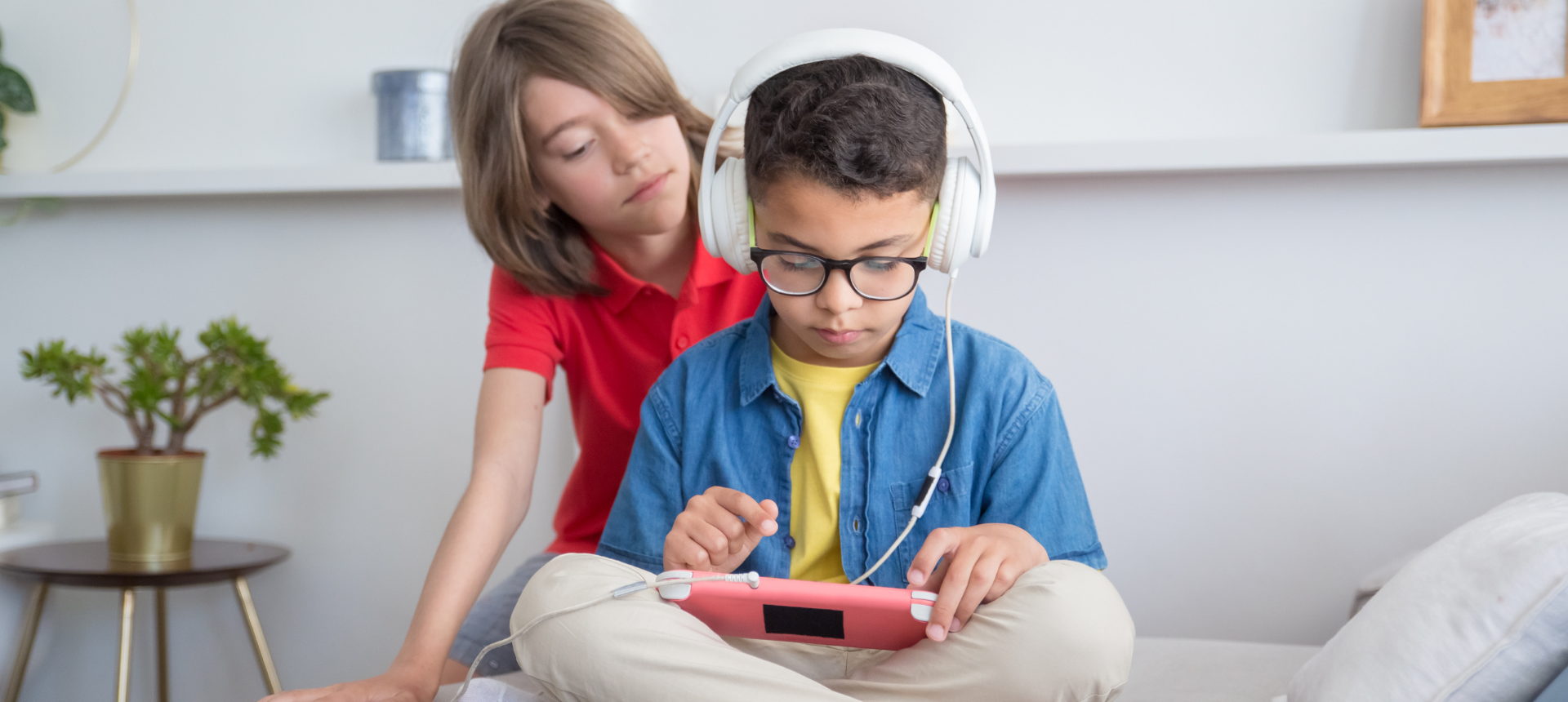If you’re anything like me, you may have thought that online classes and workshops would be out of the reach of your neurodiverse child.
Before we took our first Outschool class I was concerned that there could be communication issues or misunderstandings (my daughter responds to questions but doesn’t perceive sentences such as “I wonder who would like to go first/ I was thinking we could start by introducing ourselves” as prompts to speak.
I also thought that the online set-up would mean that it was difficult for my daughter to know when or if to speak, and that there may be problems if she needed to leave during a class.
I was so pleased when we decided to try a class (her first was a singing class with Melissa from Big Universe Music) and all of my worries were alleviated! Melissa was so friendly, I was able to message her in between classes if I needed to, and the structure of the lesson was really clear so my daughter knew what was happening at each point.
Now that my daughter has been an Outschool student for a while, I thought I’d share some tips to help other parents who are considering using Outschool for their neurodiverse children.
- Look up the specialist neurodiverse classes. There are several classes run by teachers who are themselves neurodiverse, so your child is sure to be understood and supported throughout and in between classes. Some examples of classes specifically for neurodiverse learners include the ADHD Toolkit, Video Game Talk Special Edition, Kind Kids Conversation Club, Calming Your Inner Sonic and more.
- Search for your child’s favourite passion or special interest. One of the best things about Outschool classes for us is the amazing variety of topics and subjects. This means that you are almost guaranteed to find something your child will enjoy. I quickly did a few searches on random topics and found that there are classes on steam trains, seahorses, Roblox, the Titanic, dinosaurs and even ancient sea monsters!
- Message your child’s teacher a few days before the class to let them know of anything that you think would help your child. This includes things like if your child would prefer not to talk during the class, or if they might be moving around a bit or fidgeting. It’s always better for the teacher to have as much information as possible so they can ensure they are giving your child the best experience possible.
- Make sure your child is comfortable during the class. For neurodiverse children this might mean ensuring there are no noise distractions, or giving them a fidget toy or spinning chair so that they can self regulate with sensory input.
- Help minimise the need for your child to leave the class, by having anything they might need with them before they start the class. This might be ear defenders, a drink, a blanket and ensuring they use the bathroom before class begins.
- Try to book classes at the same time each week, to help minimise disruption to your child’s routine. This also helps your child to prepare for each session ahead of time, which is important for all children but particularly so for neurodiverse kids.
We’d love to hear from neurodiverse Outschoolers about their experiences, their favourite Outschool classes and of course any ways that we can improve the experience for neurodiverse children and teens - we’re all ears!










